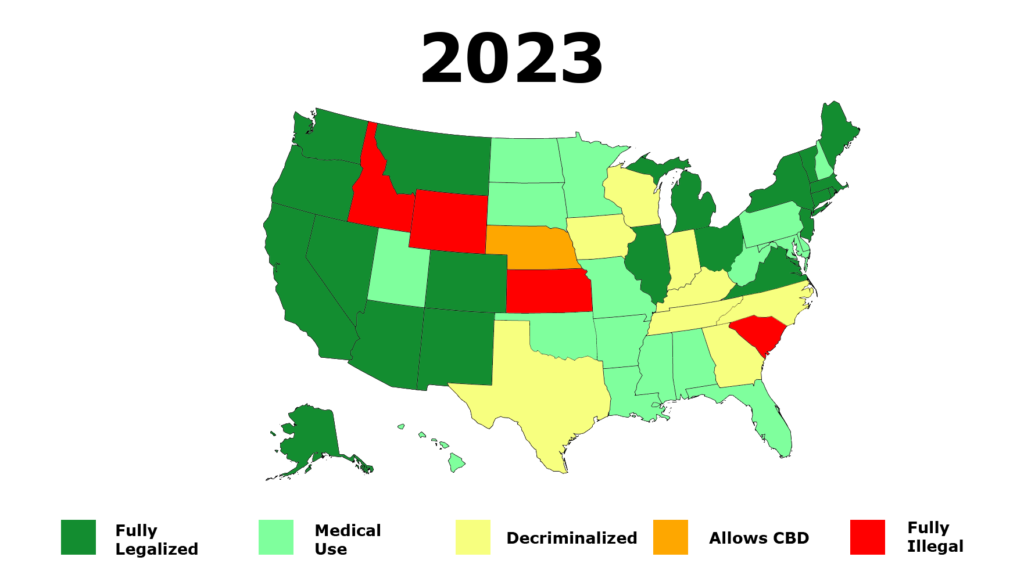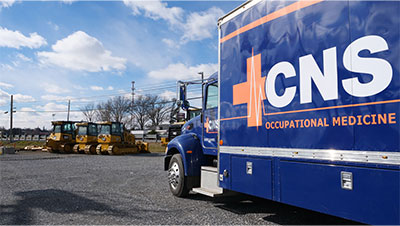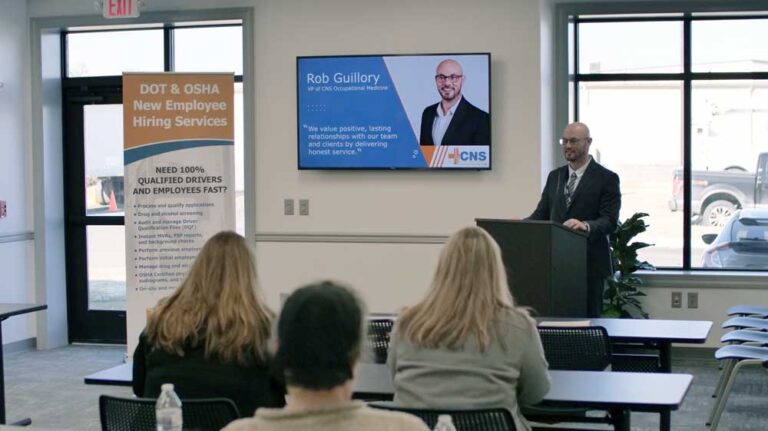Ohio becomes the 24th state to legalize recreational marijuana as over 56% of voters approved a measure on Tuesday.
The new law, which will take effect on December 7, 2023, will allow adults 21 and over to buy and possess up to 2.5 ounces of cannabis and to grow plants at home.
Also, a 10% tax will be imposed on purchases, to be spent on administrative costs, addiction treatment, municipalities with dispensaries and social equity and jobs programs supporting the industry itself.
Of course, language in the law is subject to change as Republicans who remain opposed to it in the Legislature are free to make tweaks.
What companies need to know
As the law stands, employers’ legal obligations and restrictions are relatively unchanged and will not affect current employment practices as it aligns with Ohio’s existing Medical Marijuana Control Program, which supports employers’ efforts to maintain a drug-free workplace, including policies prohibiting use of marijuana.
[Related article: Delaware Legalizes Recreational Marijuana]
Basically, Ohio employers may continue to establish and enforce a drug testing policy, drug-free workplace policy and/or a zero-tolerance drug policy.

Additionally, the law adds additional protections for employers:
- Employers do not have to permit or accommodate an employee’s use, possession or distribution of marijuana; and
- Employers may discharge, discipline, refuse to hire or otherwise take an adverse employment action against an individual because of that individual’s use, possession or distribution of marijuana.
In other words, an employee who is discharged from employment because of their use of marijuana in violation of an employer’s program or policy is considered to have been discharged for “just cause” under Ohio’s unemployment compensation law.
The law also not permit an employee to bring a legal action against an employer for discharging, disciplining, discriminating, retaliating, refusing to hire or otherwise taking an adverse employment action against the employee related to the individual’s use of marijuana.
Lastly, for federally regulated employers, such as the Department of Transportation (DOT), the law does not interfere with existing regulations.
CNS Occupational Medicine can help with customized policy development
Drug testing policies can be complicated and should consider:
- Purpose of the Policy
- Specimen Types
- Testing Procedures
- Prescription Drug Disclosure
- Federal Regulations (DOT)
- State Drug Testing Laws and Marijuana Laws
- Workers’ Compensation
- ADA
- Prohibited Conduct
- Consequences
Our Occupational Medicine Team can develop a custom workplace safety plan for your company. You may need a combination of services like physicals, COVID-19 testing, and drug testing, and you may also need these services performed on-site.
For more information, contact us at 800.551.9816 or info@cnsoccmed.com.










